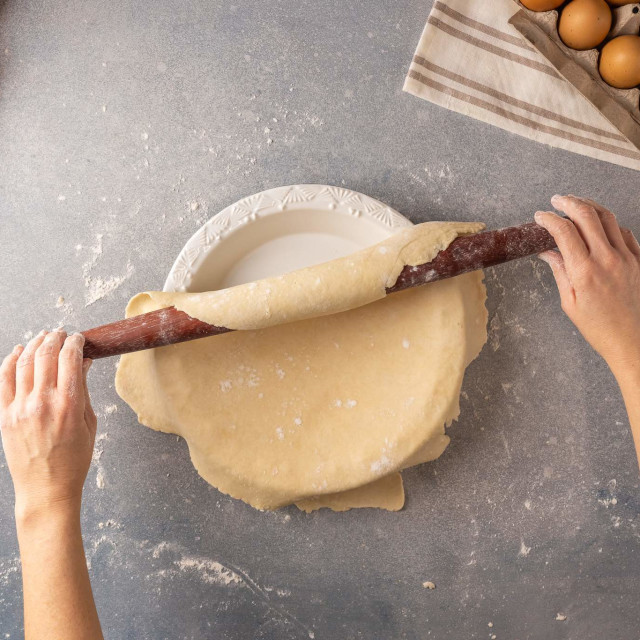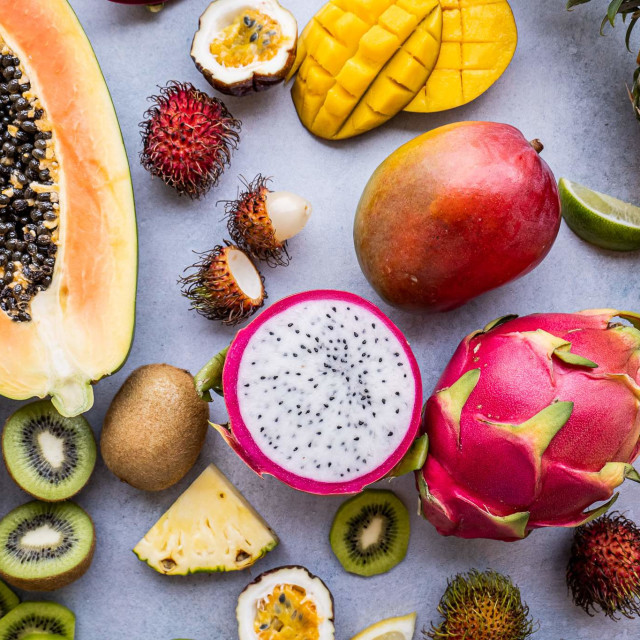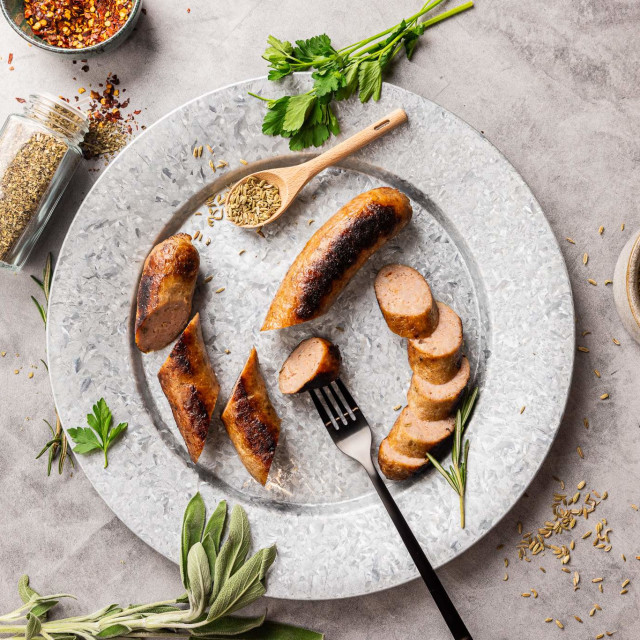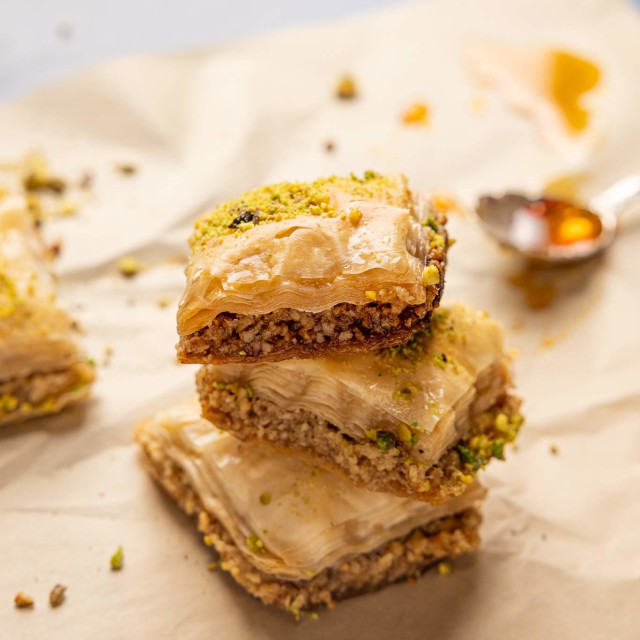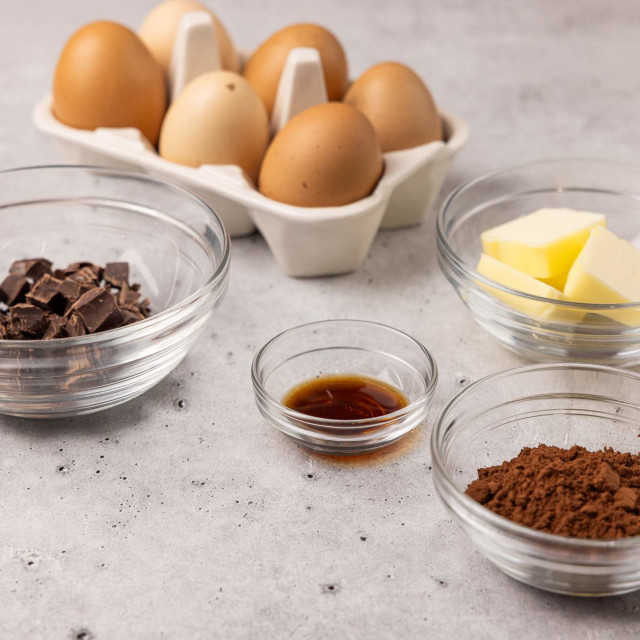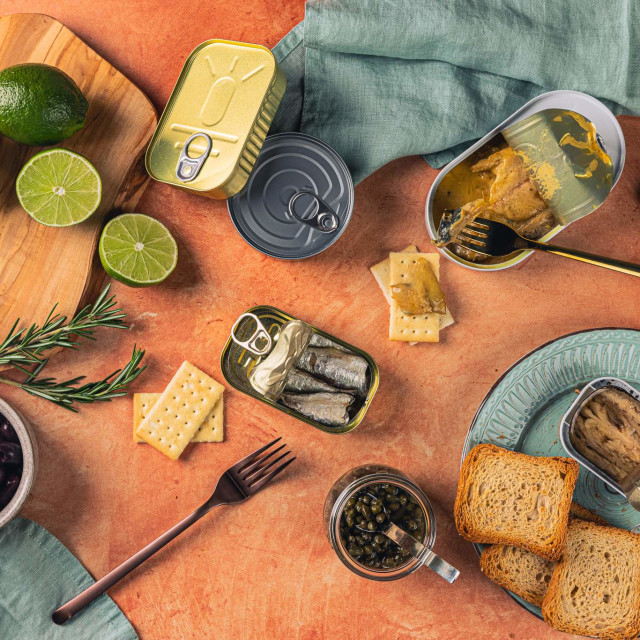Pumpkin
Best known for Halloween jack-o'-lanterns and Thanksgiving pumpkin pies, these large, round members of the gourd family have mildly sweet, orange inner flesh. Pumpkin seeds, known as pepitas, are delicately nutty when husked and roasted. Pumpkin is a good source of vitamin A and it may be prepared in any way suitable for winter squash.
Buying Tips
Fresh pumpkins are in peak season from September through November. Choose brightly colored pumpkins that are free of blemishes and heavy for their size.
When using pumpkins for cooking, look for varieties specifically grown for eating and baking, such as Sugar Pie, Small Sugar, Sugar Baby, Autumn Gold, Prize Winner and Triple Treat. In general, smaller pumpkins will be sweeter, more tender and less watery than larger ones.
Puréed pumpkin is also available canned in your supermarket's baking aisle.
Storage Tips
Whole pumpkins can be stored at room temperature for one month, or refrigerated for up to three months.
Cooking Tips
To prepare pumpkin for cooking, use a sharp knife to remove the stem and cut the pumpkin in half. Scoop out the seeds and strings and cook using one of these methods:
Microwave
Place pumpkin halves cut-side down on a microwave-safe plate. Microwave on high for 15 minutes, then test to see if the flesh is fork-tender. If not, cook in additional one- to two-minute intervals until done.
Bake
Rinse the pumpkin halves in cold water. Place cut-side down on a large cookie sheet and bake at 350ºF for one hour until fork tender.
Boil
Cut the pumpkin halves in large chunks and rinse in cold water. Boil with water (the water doesn't need to cover the pumpkin) in a large covered pot for 20 to 30 minutes, or until fork tender.
Purée
After cooking, let the pumpkin sit until it's cool enough to handle. Remove the peel with a sharp knife and purée the pumpkin pieces in a food processor, food mill or potato masher. This homemade puree can be used in any recipe calling for canned pumpkin, in equal amounts.
Substitution Tips
Pumpkin and winter squash (acorn, hubbard) can be used interchangeably in most recipes.
Try one of our favorite pumpkin recipes:
